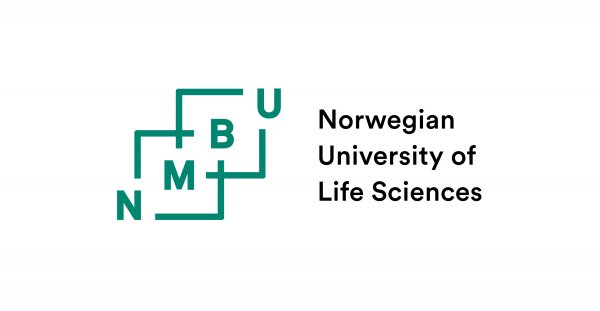Urban Agriculture
Urban farming is complex, and this education will make you capable at working with these complex and "wicked" problems, both within the public and private sector. Urban farming and circular economy combine many fields, e.g.:
- green and living cities
- social integration
- spatial planning
- food production and organic farming
- the use of plants for both food and decoration
- husbandry in the city
- water and sanitation
- pollution
- sustainable environment and ecology
- the spread of pathogens (diseases)
- economy, business, and entrepreneurs
The focus of urban agriculture is sustainable and green development of urban areas, circular economy (reuse of resources) and the ability to see the big picture in complex projects, where many different areas and professionals are involved. A successful cooperation between people within different areas of expertise, are getting more and more important, and this Master's degree will train you in communication, problem solving and cooperation. Students are expected to be an active part of a group, contributing with their background knowledge to support the learning of all participants, and solving complex, "wicked" problems relevant to urban farming. Learning the techniques to achieve a positive, rewarding interaction between all participants in a project will be an important part of this degree.
The education involves, and combines, different scientific areas, which gives you a good range in your knowledge and experience. As a student you also get the opportunity to focus on your specific interests with your choice of elective courses. The Master's degree is a cooperation between the University, the community, the public and the private sector, and will bring the students opportunities for closer cooperation with relevant connections.
The study program consists of 120 ECTS over 2 years, where 35-40 ECTS are mandatory courses, 30-60 ECTS are a Master's Thesis, and elective courses makes 25 - 55 ECTS, depending on the scope of the Thesis.
Entry requirements
Admission requirements is a Bachelor's degree (180 ETCS). To get proper, interdisciplinary student groups, students with backgrounds from different fields of study will be combined in a class. Many fields of study might be interesting, some examples may be Plant Sciences, Nature Sciences, Area Planning, Technology, Economy, Social Sciences (etc.).
A motivation letter is mandatory for the admission process and must follow your application.
All relevant candidates will go through a minor interview before admission.
A weighted, average grade of minimum C (from the Bachelor's degree) is required at NMBU to be qualified for applying to Master's degrees. NMBUs language requirements apply.
Entry requirements
Admission requirements is a Bachelor's degree (180 ETCS). To get proper, interdisciplinary student groups, students with backgrounds from different fields of study will be combined in a class. Many fields of study might be interesting, some examples may be Plant Sciences, Nature Sciences, Area Planning, Technology, Economy, Social Sciences (etc.).
A motivation letter is mandatory for the admission process and must follow your application.
All relevant candidates will go through a minor interview before admission.
A weighted, average grade of minimum C (from the Bachelor's degree) is required at NMBU to be qualified for applying to Master's degrees. NMBUs language requirements apply.
